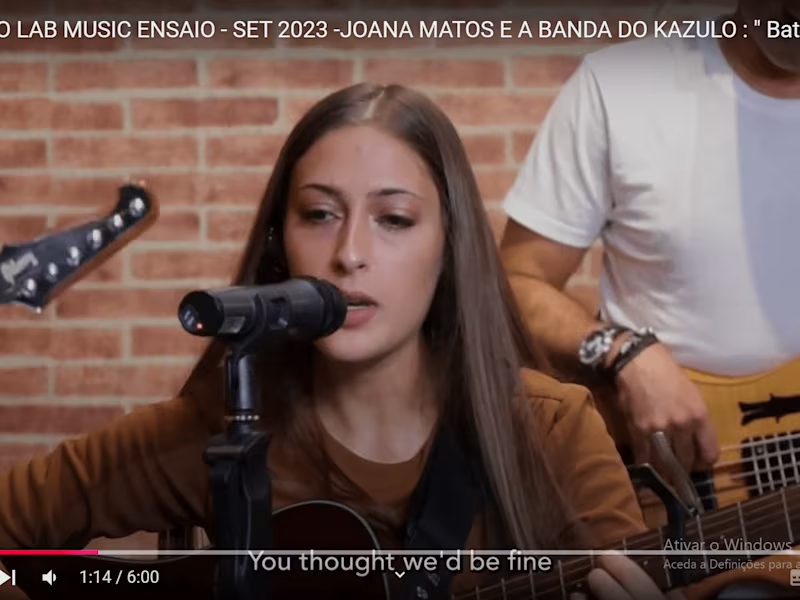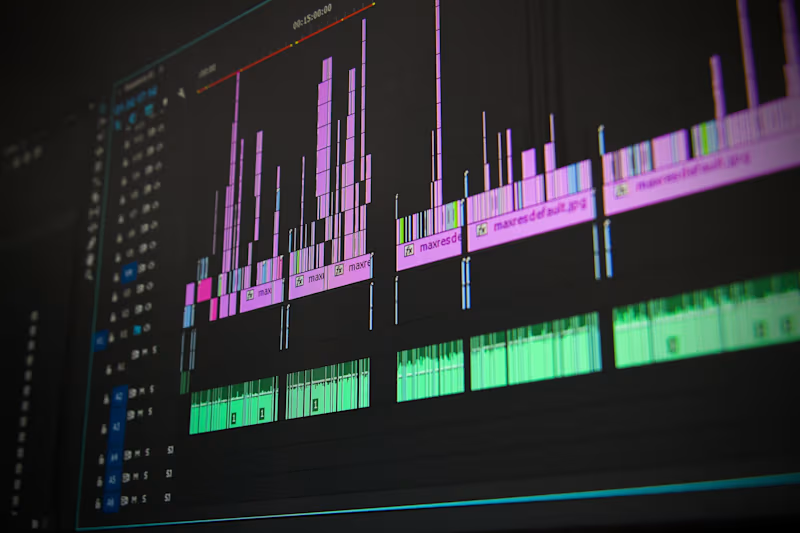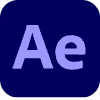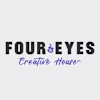What type of projects is the audio editor skilled in?
Find out if the audio editor has worked on similar projects before. If you need podcasts edited, ask if they have done that before. If there is a specific style you like, check if they can do that too. Their past work can show if they are the right fit for your project.
Can the audio editor use the software you prefer?
Some audio editors use tools like Audacity or Adobe Audition. Make sure they can work with the software you prefer. If you have a specific tool in mind, see if they have experience with it. This can make the work smoother and faster.
How does the audio editor handle revisions?
Check how many times they're willing to revise the audio. It's important to know their revision policy beforehand. This way, everyone's happy with the final sound. Knowing this helps you understand their workflow better.
What is the expected timeline for completing the project?
Try to pinpoint how long the project might take to finish. The audio editor should provide an estimate based on what you need. This helps with scheduling and ensures you meet your deadlines. It also lets you track progress along the way.
How does the audio editor prefer to communicate?
Find out if they like emails, phone calls, or video chats. Good communication helps keep the project on track. Learning about their communication style can help avoid misunderstandings. This makes sure everyone stays up-to-date during the project.
What should be included in the contract?
A clear contract covers project details and deadlines. Ensure both parties understand deliverables and expectations. Contracts help avoid confusion during the project. It provides a solid foundation for your working relationship.
How do we onboard the audio editor to our project?
Share the project's goals and what you need upfront. Provide any necessary files or references to help them start. A good onboarding process sets the tone for the project. This ensures the audio editor knows what to expect.
How can quality be measured in the final work?
Discuss the quality standards you have in mind. Provide examples of audio quality you like if possible. Knowing what good output looks like helps the editor understand your needs. Clear standards lead to satisfactory results for both sides.
What resources are needed for successful completion?
Ask if they need access to any files or background materials. Providing these resources ensures they have everything they need to start. It can be sound files, music, or scripts. Having the right resources from the start is important for success.
Are there any project-specific challenges the audio editor should know about?
Identify any potential roadblocks from the beginning. This might be complex audio tracks or tight deadlines. Understanding challenges upfront helps both of you prepare. Good preparation can lead to smoother project execution.
Who is Contra for?
Contra is designed for both freelancers (referred to as "independents") and clients. Freelancers can showcase their work, connect with clients, and manage projects commission-free. Clients can discover and hire top freelance talent for their projects.
What is the vision of Contra?
Contra aims to revolutionize the world of work by providing an all-in-one platform that empowers freelancers and clients to connect and collaborate seamlessly, eliminating traditional barriers and commission fees.







































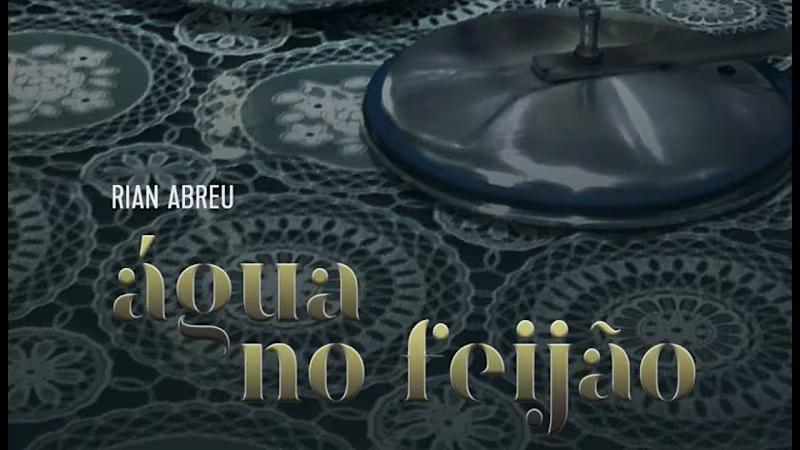






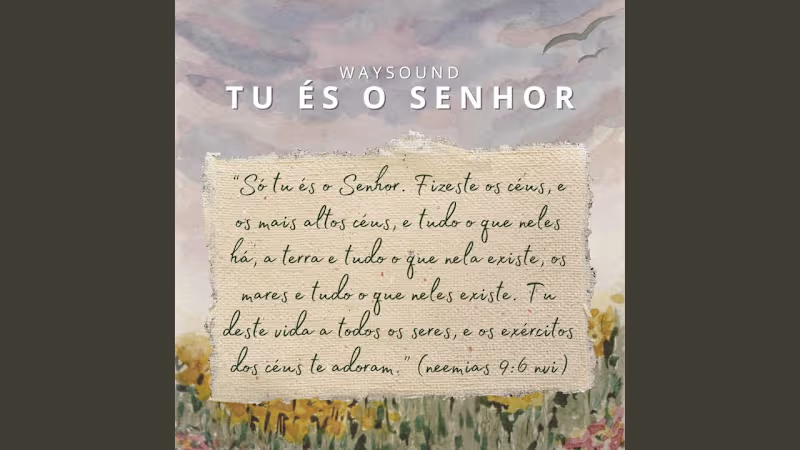




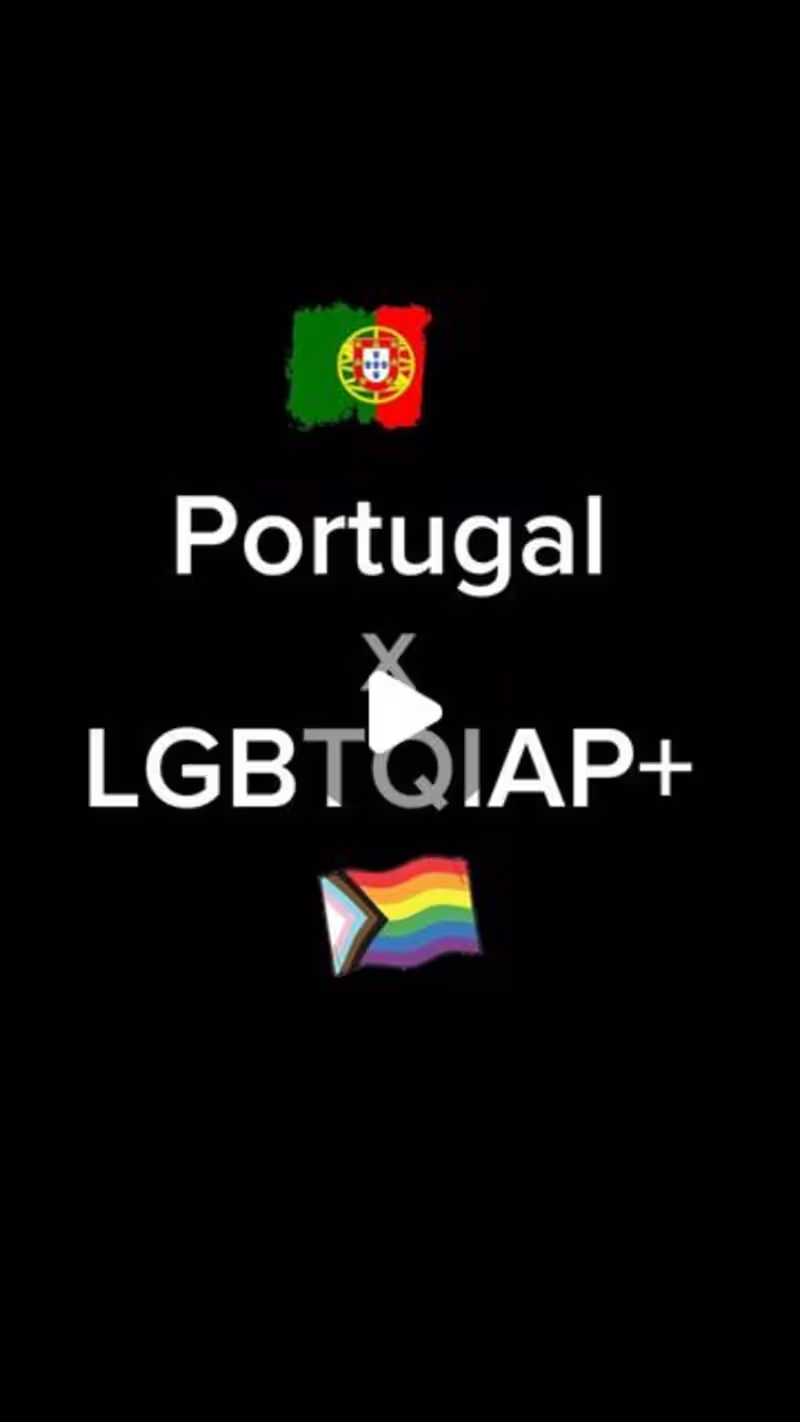

![Cover image for Moses Christopher - Imagination [Official Video] - YouTube](https://media.contra.com/image/upload/w_800,q_auto/lh8zh1grtcqo19w4rmy9.avif)
![Cover image for Moses Christopher - Eyes Closed [Official Video] - YouTube](https://media.contra.com/image/upload/w_800,q_auto/xm4xffu78pdirc5zkutm.avif)
